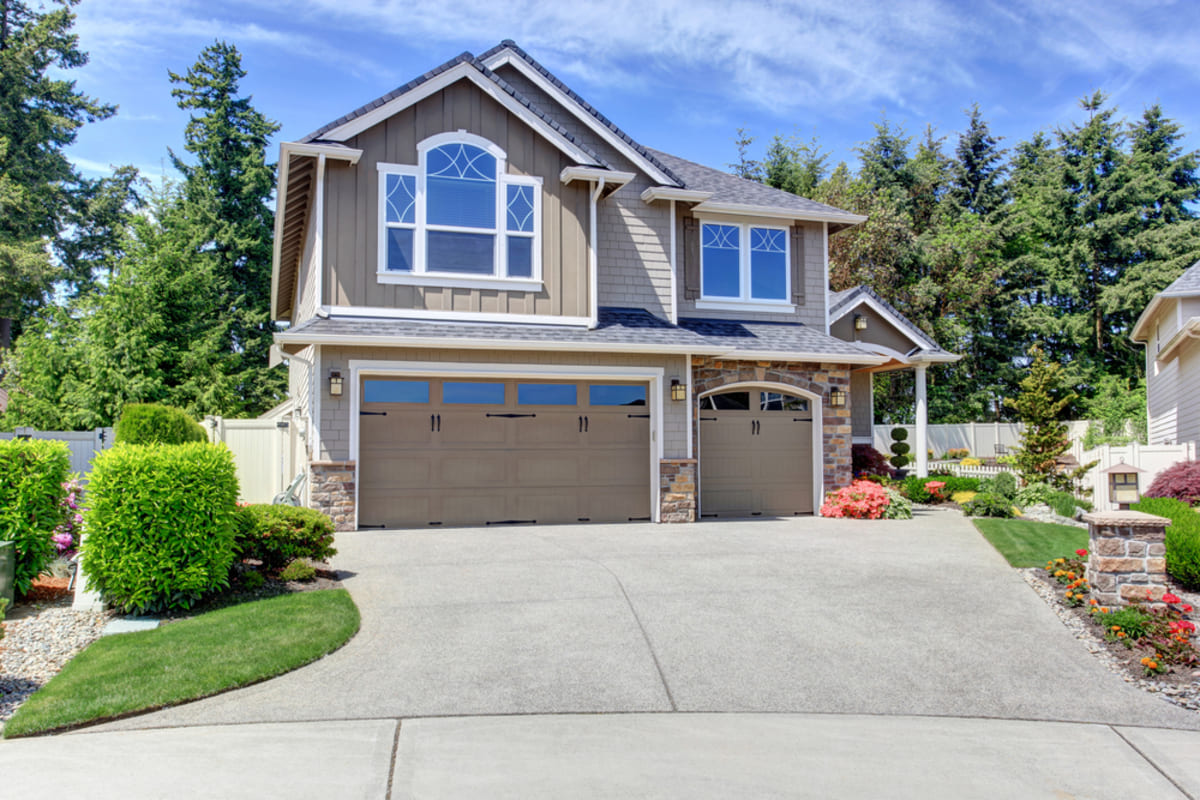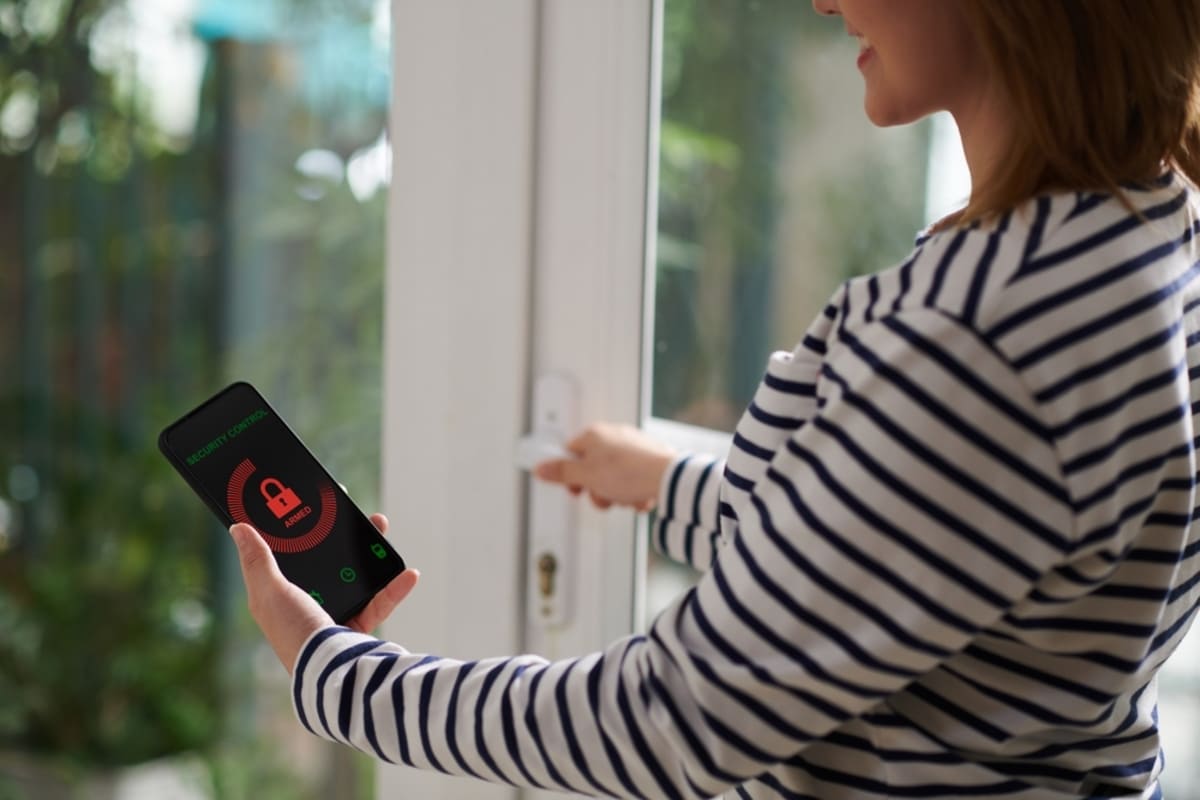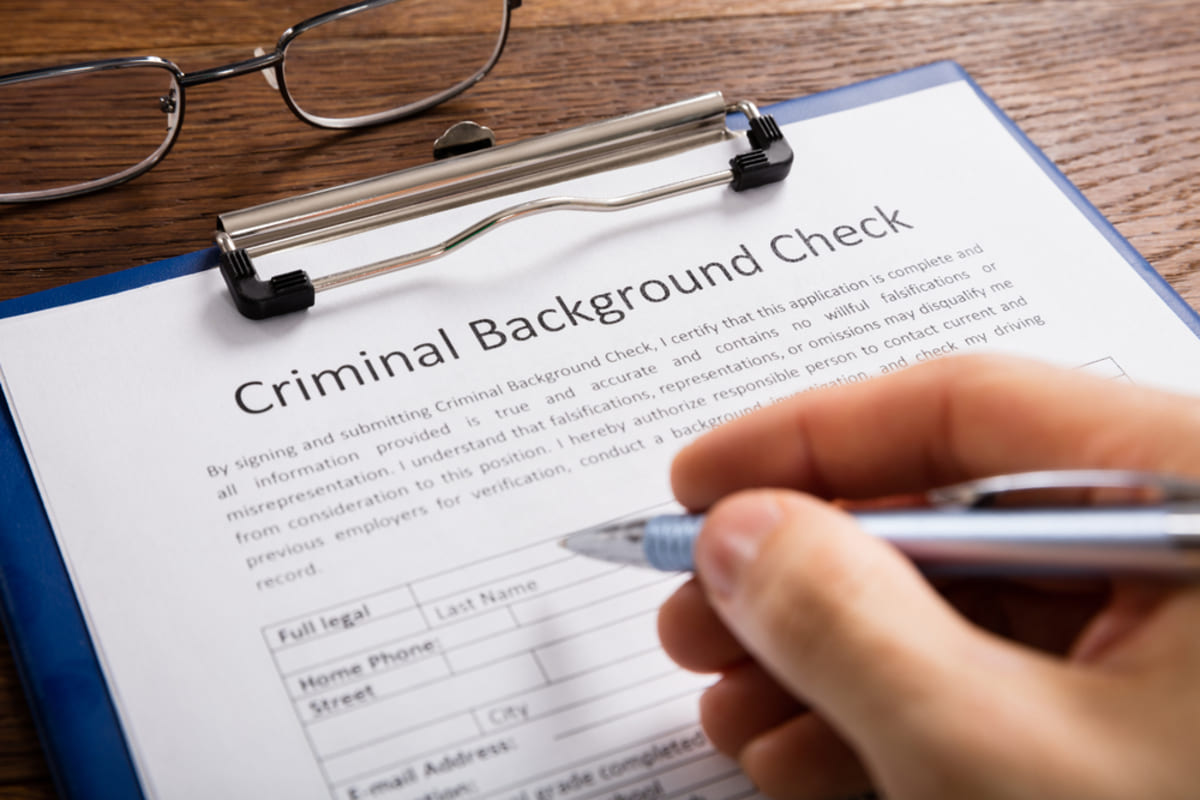Increasing the value of your rental property requires a combination of strategic upgrades, desirable features, and attention to curb appeal. By making thoughtful improvements, landlords can attract high-quality tenants, justify higher rental rates, and maximize their return on investment.
In this section, we’ll explore how to increase property value.
Upgrade Key Areas
The right upgrades can enhance a property's appeal, justify higher rental prices, and attract quality tenants. Upgrading kitchens, bathrooms, and flooring are some best home improvements to increase property value.
Kitchen Upgrades
Kitchen upgrades can transform a rental unit into an attractive space for tenants. Installing modern countertops like granite or quartz adds a sleek and high-end look. Stainless steel appliances enhance visual appeal and functionality, while refacing or repainting cabinets offers a cost-effective transformation. These improvements make the kitchen a key selling point, increasing tenant interest and rental value.
Bathroom Upgrades
Bathroom enhancements also play a significant role in rental appeal. Replacing outdated fixtures with modern vanities, faucets, and lighting makes a space more inviting. Improving ventilation prevents mold and moisture damage, and upgrading flooring with water-resistant materials adds durability. A stylish and updated bathroom can greatly impact tenant satisfaction and justify higher rent prices.
Flooring Upgrades
Flooring improvements contribute to both aesthetics and functionality. Using vinyl plank or hardwood flooring enhances durability and reduces maintenance costs. Unlike carpeting, which requires frequent upkeep, these materials are long-lasting and preferred by tenants. The right flooring choice improves the overall appeal and longevity of a rental property.
Add Desirable Features
Adding modern features to a rental property enhances its value and appeal to tenants. Features like energy-efficient upgrades, smart home technology, new hardware, and dedicated workspaces can significantly impact rental desirability.
Energy-Efficient Features
Energy-efficient upgrades help reduce tenant utility costs while improving overall property efficiency. Installing energy-efficient windows increases comfort and lowers heating and cooling expenses. Upgrading insulation further enhances efficiency, making the property more sustainable and attractive to eco-conscious renters.
Smart Home Features
Smart home technology is becoming increasingly desirable among tenants. Smart locks provide enhanced security and convenience, while smart thermostats help reduce energy costs. Features like smart lighting and video doorbells add extra convenience and safety. Integrating these technologies makes a rental property more competitive in today's market.
Home Office Features
Home office spaces have become a necessity with the rise of remote work. Providing a dedicated workspace increases desirability and can justify higher rent prices. Even a small designated area for a home office can make a property more appealing to tenants who need functional workspaces.
Boost Curb Appeal
The exterior of a property plays a crucial role in first impressions. Enhancing curb appeal attracts tenants and can increase rental value.
Landscaping Enhancements
Landscaping improvements create a welcoming and clean exterior. Maintaining a well-manicured lawn, adding fresh mulch, and planting flowers make a property more inviting. Installing outdoor lighting enhances security while improving aesthetics. A well-maintained exterior increases property appeal and attracts quality tenants.
Exterior Enhancements
Painting and exterior enhancements are cost-effective ways to refresh a property. A fresh coat of neutral-colored paint modernizes the property and appeals to a wider range of tenants. Upgrading the front door and mailbox adds a polished touch. These small but impactful improvements contribute to a positive first impression and increased rental interest.






